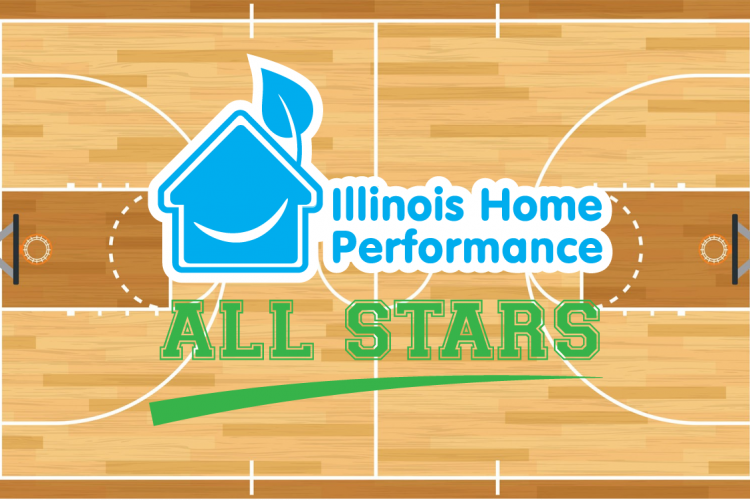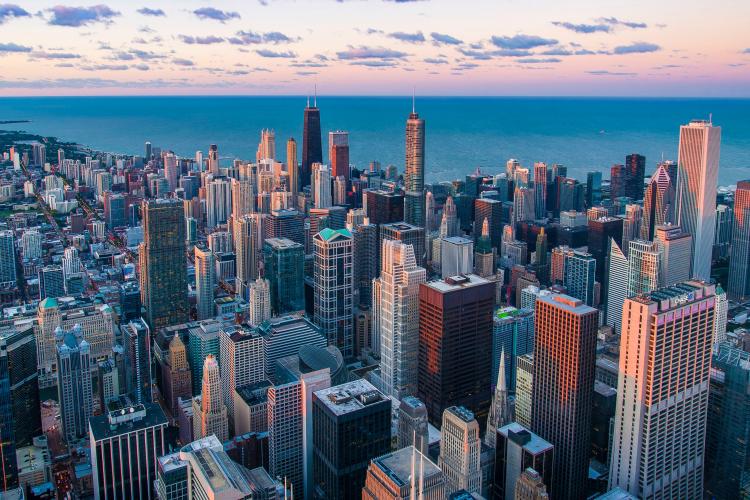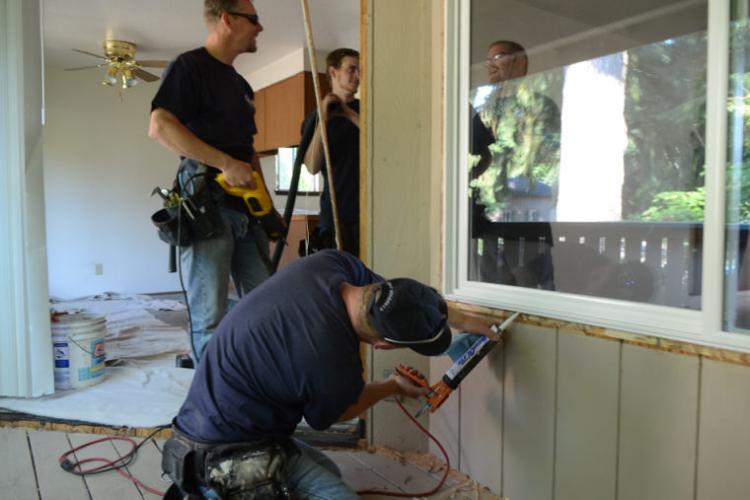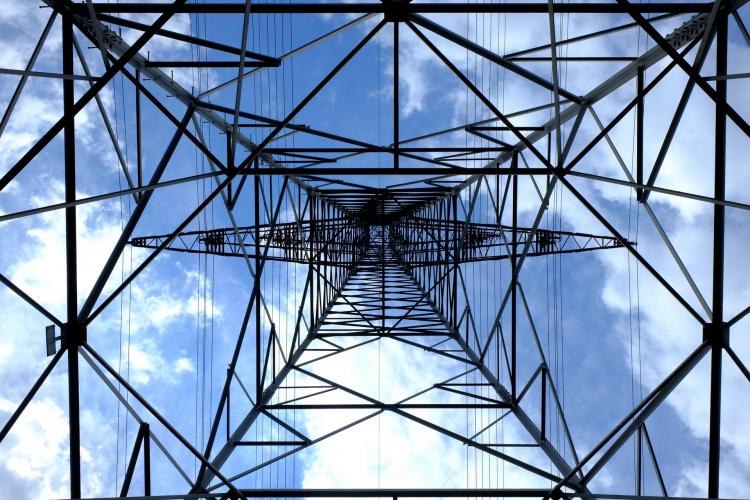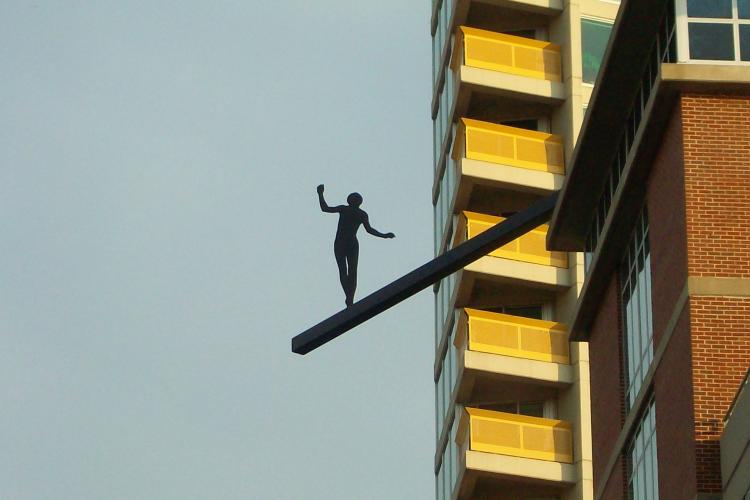IHP Wins ENERGYSTAR Partner of the Year
Author’s note: this article is best enjoyed with musical accompaniment.
March Madness is over, and Villanova isn’t the only one taking home a trophy. We’re proud to announce that Illinois Home Performance won the 2018 ENERGYSTAR® Partner of the Year Award! With the help of an all-star starting lineup, IHP delivered a victory for homeowners and energy efficiency.
Highlight Reel
IHP previously won back-to-back Partner of the Year Awards in 2014 and 2015, followed up with an ENERGYSTAR Excellence in Promotion Award in 2017. How’s that for a dynasty?
